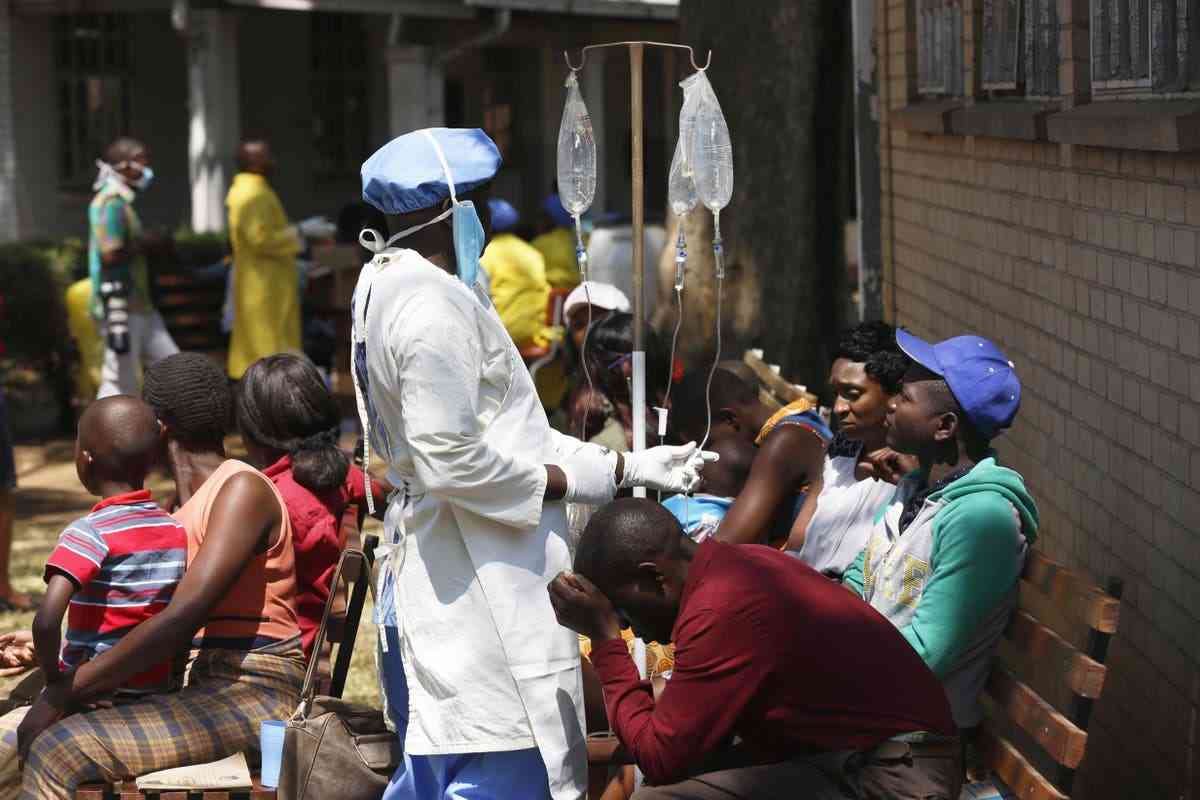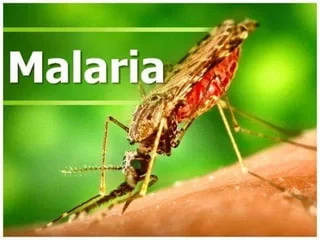
IT is sad that more lives continue to be lost to the medieval disease, cholera, a water-borne disease which had its first global outbreak in 1817 with epicentre in Jessore near Calcutta, India.
To date, seven distinct cholera pandemics have been recorded in the past two centuries. The current 7th pandemic started in South Asia in 1961, reached Africa in 1971 and the Americas in 1991. The disease should not kill many people as case fatality rate is usually less than 2%.
The continuous spread of the disease is a serious test on primary healthcare which should orient its structures and functions towards the values of equity and social solidarity. Everyone should enjoy the highest attainable standard of health without distinction of race, religion, political beliefs, economic or social condition.
The principles required to sustain primary health care are its capacity to respond equitably and efficiently to the health needs of citizens, including the ability to monitor progress for continuous improvement and renewal, the responsibility and accountability of government, sustainability, participation and an orientation towards the highest standards of quality and safety and intersectoral approach.
Primary healthcare should thus dwell on health education and promotion, good nutrition, clean water supplies, good sanitisation, immunisations, affordable first line drugs, easy patient transfers to mention but just a few.
It is an embarrassment to die of cholera in this era and age. At least 266 people have succumbed to Cholera in our country since the index case of February 12, 2023 in Chegutu. The disease is attributed to poor sanitation and contaminated water. The sad part is that there is no hope that there will be complete remission of the disease in few weeks to come.
We might be forced to co-exist with the diarrheal disease for some time considering the following factors:
- We are just after the festive seasons when behavioural determinants of health played significant roles in the spread of cholera. Many people were partying, braaing, dancing in open spaces where there was little proper sanitation and even water to wash hands.
- Cholera is a water-borne disease which can easily be transmitted through contaminated water and food. Vibrio cholerae has an incubation period of between three hours and six days and many people may be harbouring the bacteria without symptoms. We ought to keep our eyes open and any suspected cases should be robustly investigated.
- The coming of the rains can worsen cholera because of further contamination of water bodies. There is great potential for faecal contamination of water with raw sewage from burst pipes. Those who use unprotected wells have higher risk of contracting the disease.
- Uncollected garbage is a serious matter that requires redress; alas, no serious measures are being taken by city fathers. Garbage is everywhere, including at shopping centres where food is served. Residents are continuously at risk of contracting diarrheal diseases like cholera, dysentery and typhoid. If city council is responsible for garbage collection, why is it that we have perennial problem of uncollected garbage yet we have many office-bearers? That alone is an indicator of first-degree incompetence.
- Desolate water and sanitation infrastructure is a nemesis, especially in the capital city where some water pipes have been underground for over 50 years. Failure to solve the water issue is a recipient for further medical disasters. It is now becoming normal to stay with burst sewer pipes in many of the suburbs. This is uncalled for and everyone should collaborate in order to restore public health sanity in towns and cities.
- Case management of cholera has not been as robust as expected. The city council clinics and hospitals seem overwhelmed with cases and many people end up taking oral rehydration solution even those that would require full admission and intravenous fluid replacement. There is serious understaffing at council clinics and hospitals with fewer nurses being seconded to cholera units. All this is fuelled by rampant brain drain in the health sector which has seen more than 5 000 nurses leaving the country in the last two years for greener pastures.
Inter-sectoral approach remains fundamental in the mitigation and containment of cholera with councils expected to take leading roles. People should also be reminded to practice good hygiene which include hand-washing with soapy water, sanitisation. It is very wise to shun suspicious water because it may be the source of Vibrio cholerae, the toxin-producing bacterium. The globe is slowly getting worried about the new COVID-19 strain, JN.1, which is already causing problems in USA, Russia, Poland, Germany, India, Australia, Czechia, Norway, Bulgaria, Lithuania and Slovenia. Be careful again!
- Songbird NaGuG relives diaspora experience
- I sing for hope: Jamanda
- Internet gags costing Africa US$2bn in revenue
- In defence of Trevor Ncube
Keep Reading
Johannes Marisa is president of the Medical and Dental Private Practitioners Association of Zimbabwe. He writes here in his personal capacity.









